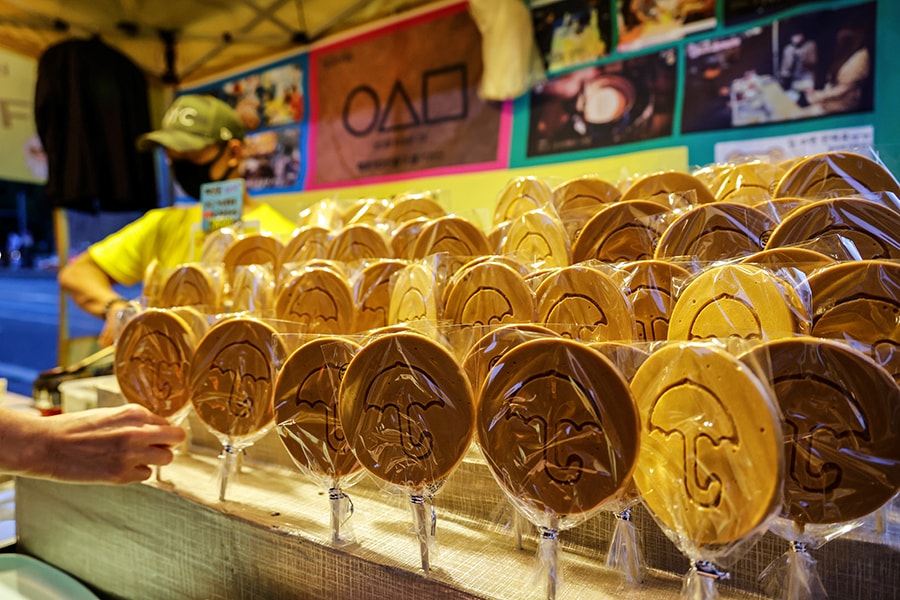
Behind the global appeal of 'Squid Game,' a country's economic unease
"Squid Game" is only the latest South Korean cultural export to win a global audience by tapping into the country's deep feelings of inequality and ebbing opportunities
 A street vendor sells Dalgona candy from the Korean Netflix series "Squid Game" at a Dalgona shop in Seoul, South Korea, October 1, 2021.
A street vendor sells Dalgona candy from the Korean Netflix series "Squid Game" at a Dalgona shop in Seoul, South Korea, October 1, 2021.
Image: Heo Ran / Reuters
In “Squid Game,” the hit dystopian television show on Netflix, 456 people facing severe debt and financial despair play a series of deadly children’s games to win a $38 million cash prize in South Korea.
Koo Yong-hyun, a 35-year-old office worker in Seoul, has never had to face down masked homicidal guards or competitors out to slit his throat like the characters in the show do. But Koo, who binge-watched “Squid Game” in a single night, said he empathized with the characters and their struggle to survive in the country’s deeply unequal society.
Koo, who got by on freelance gigs and government unemployment checks after he lost his steady job, said it is “almost impossible to live comfortably with a regular employee’s salary” in a city with runaway housing prices. Like many young people in South Korea and elsewhere, Koo sees a growing competition to grab a slice of a shrinking pie, just like the contestants in “Squid Game.”
Those similarities have helped turn the nine-episode drama into an unlikely international sensation. “Squid Game” is now the top-ranked show in the United States on Netflix and is on its way to becoming one of the most-watched shows in the streaming service’s history.
©2019 New York Times News Service







